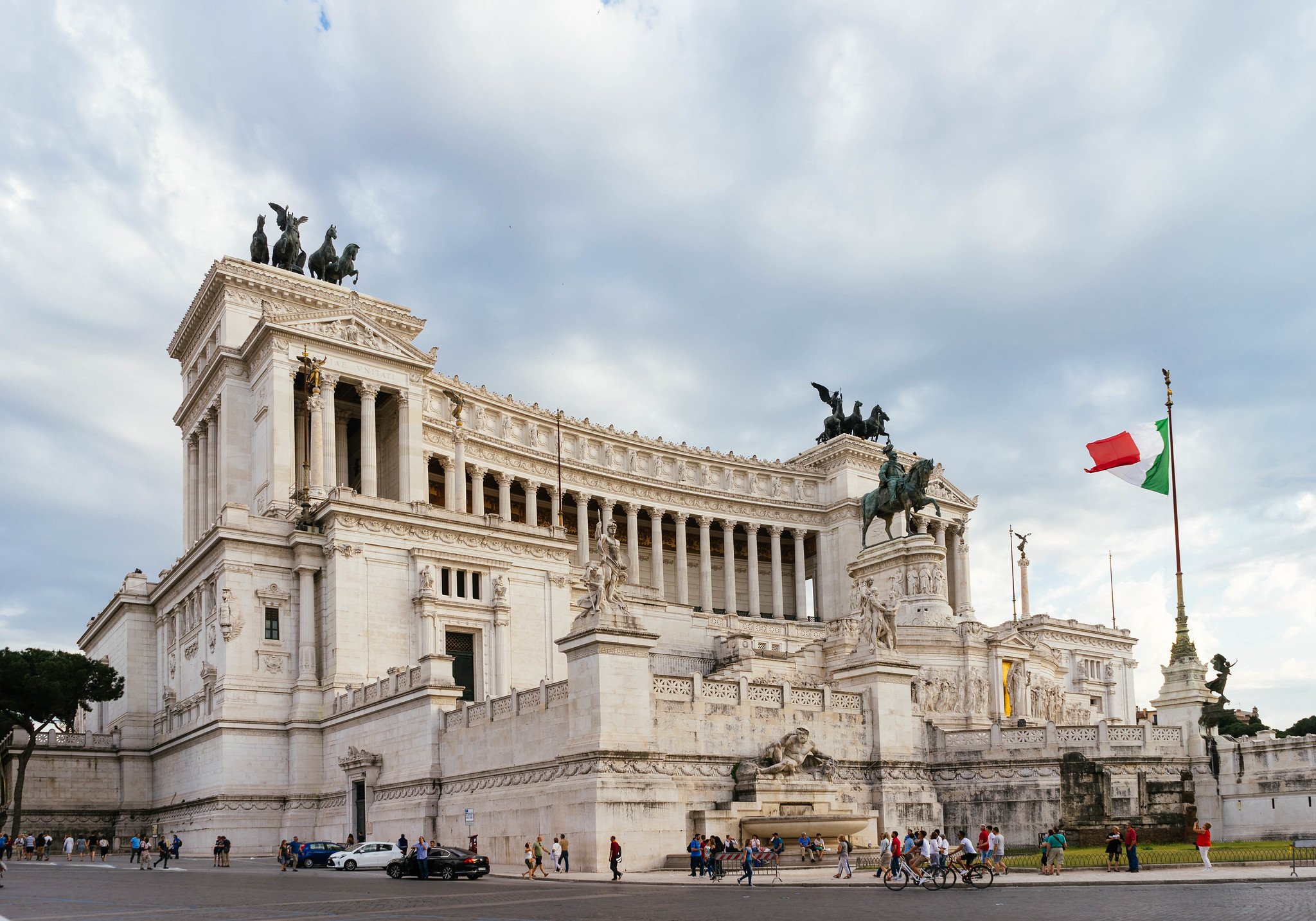
The pandemic has shifted global payment methods towards digital payments, but Italy still seems to be lagging in adopting this new change.
Given the high commissions paid by Italian merchants to banks or payments firms, the country’s new prime minister, Giorgia Meloni, proposed a right-of-way plan for Italian merchants on December 21, 2022, where merchants would have the right to refuse the digital transaction of any amount less than €60 ($64). The planner allegedly raised the legal cash transaction limit from $1,060 to $5,300.
Under the previous Italian government, shops would have faced fines for refusing to accept card payments; Italy introduced a €30 penalty plus a 4% transaction value for shops refusing to accept card payments in June 2022, following the EU’s post-pandemic recovery funds. Reports the Financial Times
On December 21, Italy’s parliament approved a potential measure that would impose fines on payment companies and banks if they fail to reduce fees on electronic transactions. At the same time, the focus on cash will most likely remain the same.
No longer does a hotel or shop need to worry about facing fines or paying penalty charges because they refused to accept a customer’s card. The Italian government aims to reach an agreement between banks, payment companies and retailers to reduce fees on electronic transactions to $32, a law that would apply to all established businesses with annual revenue of up to $424,200.
From a business traveller’s point of view, it won’t be easy to have your cards refused, as it seems that all growing companies are adopting digital payment methods for their employees. These innovative methods are designed for travellers’ convenience, so they don’t have to waste valuable time filling out expense forms or carrying cash.
While companies get better insight into amounts being spent, its most significant and secure advantage is that, in an emergency, travelling employees can be tracked down right where the purchase is made.
The European Commission said the high frequency of digital payments reduces the possibility of tax evasion. In contrast, the reform of payments is linked to the terms of the post-Covid national recovery and resilience plan.
According to experts, the Italian government should find ways to build better relationships with small businesses and consumers instead of pushing a national cash-first policy. Making it easier for small businesses to remove operational overhead such as that increasing security concerns about store employees, cash transfers at banks, or tax evasion.
According to Equita analyst Gianmarco Bonacina, banks and, most importantly, Italian payments company Nexi could be the most affected by the latest regulations, as they derive more than half of the revenue, i.e., 55%, from fees that domestic or local merchants pay.
Tim Russo, senior director of fintech partnerships and business development at TripActions, believes that future advancements in digital payments will become necessary for business travellers and established businesses.
Italy will impose a “solidarity contribution” equivalent to 50% of the net proceeds from those transactions if the parties fail to reach an agreement by March 31 on a “fair and transparent level of fees”, a document seen by Reuters said.
On the other hand, proponents of cash payments seem worried that the digital payment system will not save them banking fees. Given that around 100 billion euros in taxes and social contributions are evaded in Italy annually, critics, including Italy’s central bank, say easing regulatory restrictions on cash could spark a black economy.
Considering the growing political tension, payments expert Spencer Hanlon, head of travel at tech payments firm Nium, believes that cash still comes with hidden costs, as the movement of physical cash involves sending someone to the bank or payments transfer centre to deposit some money. Then the receiver waits at the other end to collect the transferred money. So, if time and resources are taken into account from a purely economic perspective, it is inherently more insecure, challenging to track, and expensive.
“In other words, there’s not much upside and a lot of downside to cash — ultimately pushing up prices up for consumers, while decreasing the protections and quality of the experience.” Spencer Hanlon added.
The Chamber of Deputies Budget Committee approved the budget bill on Wednesday. Legislators have reported that the Italian federal government may seek a confidence vote on the budget in the Chamber of Deputies on Thursday to accelerate the approval procedure.
The Senate will make its final call for final approval of the bill next week in its second reading.





